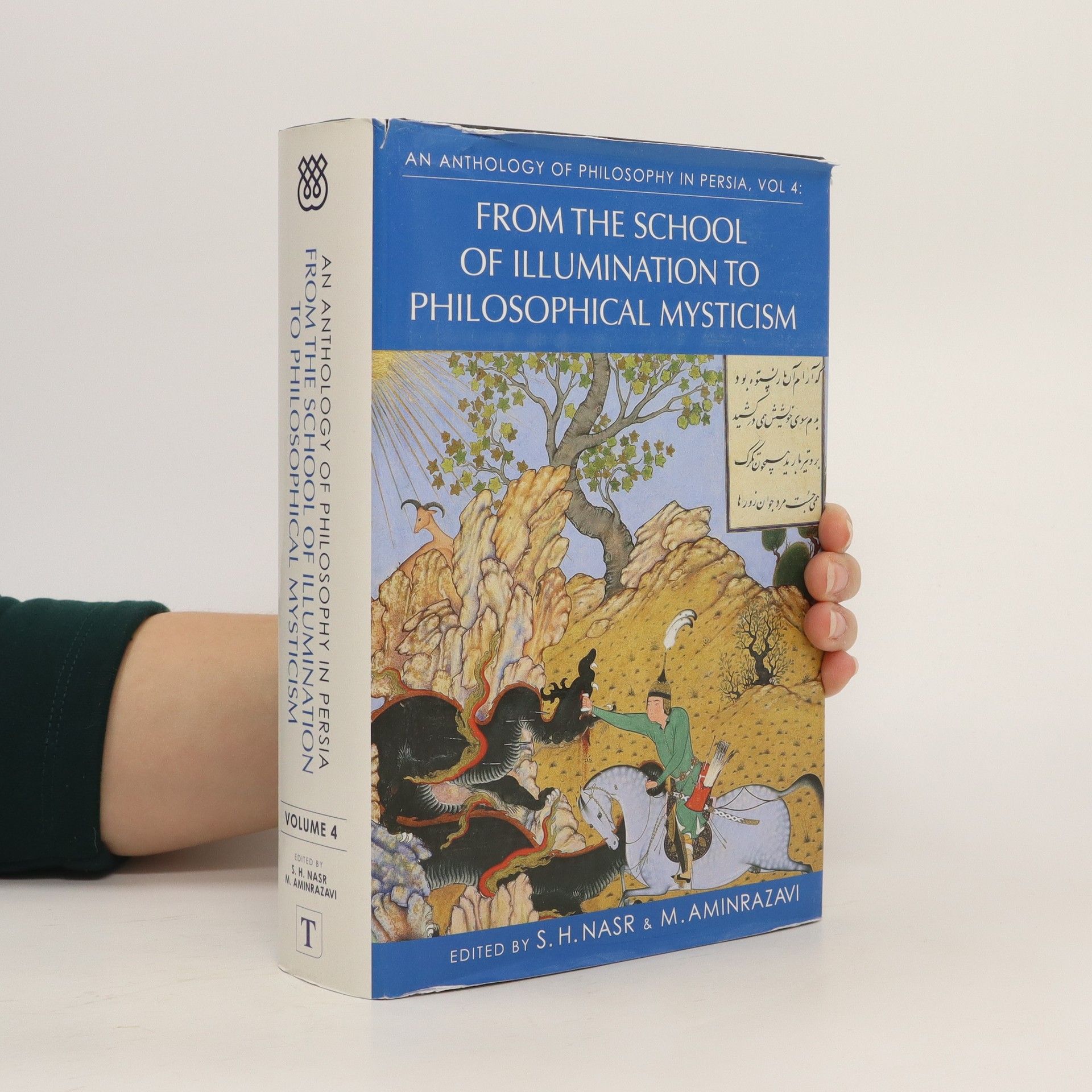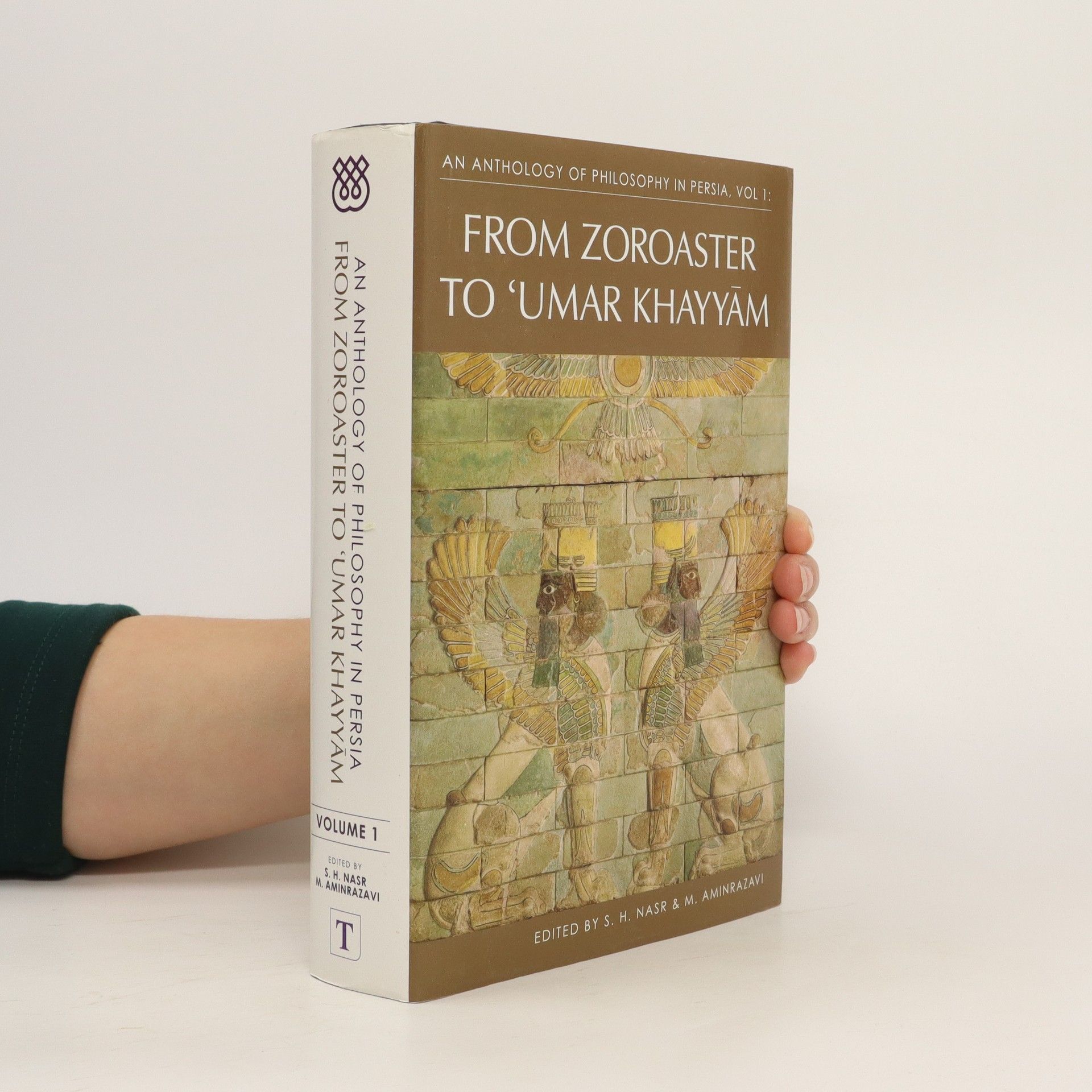The tradition of philosophy in the Persian-speaking world is extraordinarily rich, creative and diverse. This anthology, which is divided into three volumes, aims to communicate something of that richness and diversity. The term "philosophy" is understood to in its widest sense to include theological debate, philosophical Sufism and philosophical hermeneutics (ta'wil). Extending over a period of more than two millennia, and showcasing translations by well-established scholars, the anthology offers full bibliographical references throughout. For anyone interested in exploring, in all their varied manifestations, the fascinating philosophical traditions of Persia, such a wide-ranging and ambitious work will be an indispensable resource. Volume 1 starts with the Zoroastrian period and extends to the time of Biruni and Oma Khayyam, paying special attention to the peripatetic school associated with Ibn Sina (Avicenna). During the pre-Islamic period philosophy was intertwined with religion, and it is within Persian religious texts such as the Gathas, the Denkard, and the Zoroastrian texts of the Bundahisn that philosophical discussions of subjects ranging from metaphysics to cosmology and eschatology are to be found.
Mehdi Amin Razavi Bücher




An Anthology of Philosophy in Persia
- 464 Seiten
- 17 Lesestunden
This is the first volume in a projected five-volume work covering the full expanse of Persian thought from the Zoroastrianism of the pre-Christian era up to the present day. Introducing this extensive body of work for the first time in English translation, these volumes will be of great interest to scholars of philosophy, religion, and Middle Eastern studies. Volume I includes the work of the earliest Zoroastrian writers and that of thinkers from the early Islamic period. The translators include many outstanding scholars from America, Europe, and the Islamic world.
The fourth volume of the Anthology of Philosophy in Persia deals with one of the richest and yet least known periods of philosophical life in Persia, the centuries between the seventh/thirteenth century, that saw the eclipse of the school of Khorosan, and the tenth/sixteenth century that coincided with the rise of the Safavids. The main schools dealt with in this volume are the Peripatetic (mashsha'i) School, the School of Illumination (ishraq) of Suhrawardi, and various forms of philosophical Sufism, especially the school of Ibn 'Arabi, that had its origins in the works of Ghazzali and 'Ayn al-Qudat Hamadani. This period was also notable for the philosopher-scientists such as Nasir al-Din Tusi and Qutb al-Din Shirazi.
An Anthology of Philosophy in Persia II.
- 416 Seiten
- 15 Lesestunden
This is the second volume in a projected five-volume work covering the full expanse of Persian philosophical thought from the Zoroastrianism of the pre-Christian era up to the present day. Volume II is devoted entirely to the work of the Isma'ili and Hermetic-Pythagorean philosophers.